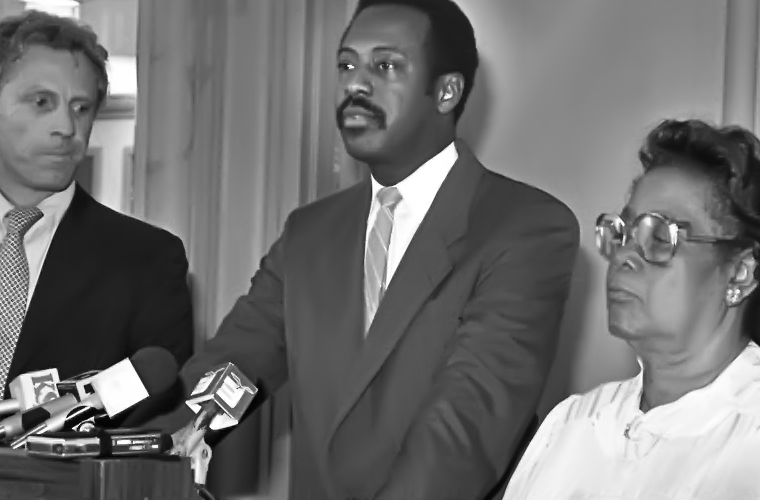On the night of March 21, 1981, a cross crackled and burned on the lawn of the Mobile County courthouse—the Ku Klux Klan’s grim protest of the outcome of a local murder trial. It was just the beginning of the terror that would take place that night.
The cross burned out, but the Klan’s anger didn’t. Later that night, two men roamed Mobile looking for a Black man to kill. They found him: 19-year-old Michael Donald. Before the night was through, Donald had been murdered and his body hung from a tree. It was a 20th-century lynching in the most brutal sense of the word—and thanks to a landmark civil lawsuit by Michael’s mother, Beulah Mae Donald, it would end up being the last.
As sociologists Stewart Emory Tolnay and E.M. Beck explain in their book A Festival of Violence, Michael Donald was different from some lynching victims in that he was not accused of committing a crime or thought to have breached racial etiquette. Instead, he was killed because the Klan members were furious that the second trial of Josephus Anderson, a Black man accused of murdering a white policeman, had been declared a mistrial when the jury could not reach a verdict.
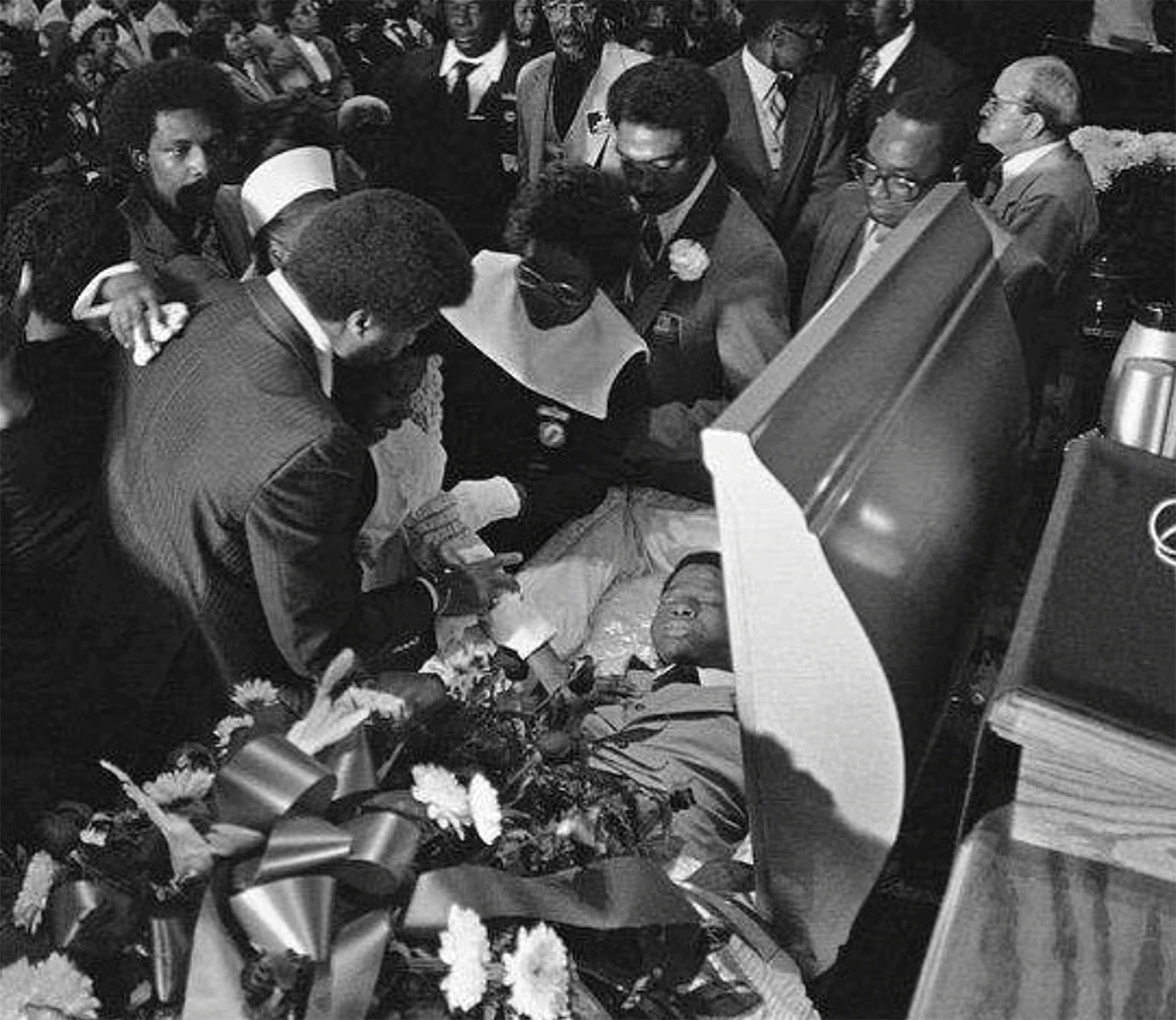
For the Klansmen, Tolnay and Beck write, “this meant that a Black man could kill a white man with impunity so long as there were blacks on the jury…(Donald) was killed as a reprisal against the Black community and to confirm the power of the Ku Klux Klan in south Alabama.”
Furious about the verdict, Klan members Henry Francis Hays and James “Tiger” Knowles chose Michael Donald at random, chased him down, beat him brutally, then strangled him to death. They showed him off at a party at the house of Klan elder Bennie Hays’ house that night before hanging his body from a tree.
Beulah Mae Donald, Michael’s mother, was devastated. Echoing the decision of Mamie Till, whose son Emmett was killed in one of the 20th century’s most appalling hate crimes, Beulah insisted on an open-casket funeral. And as it became more and more evident that the city of Mobile would not bring her son’s killers to justice, she went on a mission to find it for him.
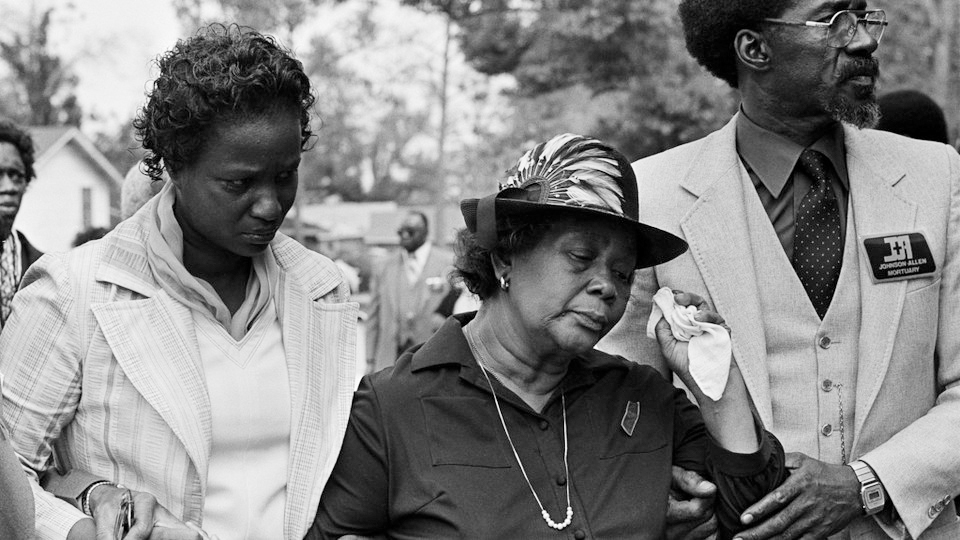
Though Mobile police knew that Klansmen had murdered Michael Donald, they dragged their feet. They took three obviously uninvolved men into custody, then released them without charges—and did little else to move the case forward. Beulah worked with Mobile’s Black community to organize local rallies that caught the attention of Jesse Jackson and other national civil rights figures. The FBI got involved, but nearly closed its investigation entirely. Beulah pressured them to press forward.
Slowly, the wheels of justice began to grind. In 1983, police arrested Henry Francis Hays, the son of Alabama’s second highest-ranking Klan official, and Knowles, who quickly confessed the crime to the FBI. Knowles was the star witness in Hays’ trial, and both men were convicted and sentenced—Knowles to life in prison for violating Michael’s civil rights, Hays to death for murder. It was the first time since 1913 that a white man was given the death sentence for killing a Black man in Alabama.
But Donald didn’t think her son’s killers should be the only people held accountable for Michael’s murder. In 1984, three years after her son’s lynching, she got in contact with Morris Dees, a civil rights attorney who co-founded the Southern Poverty Law Center in 1971. Dees had a track record suing the KKK and understood its inner workings. The murderers, he felt, had been given their marching orders by the KKK and were acting as a matter of institutional policy. They filed a federal wrongful death lawsuit against the United Klans of America, one of the country’s largest Klan organizations, that sought to hold the organization and its members liable for the murder.
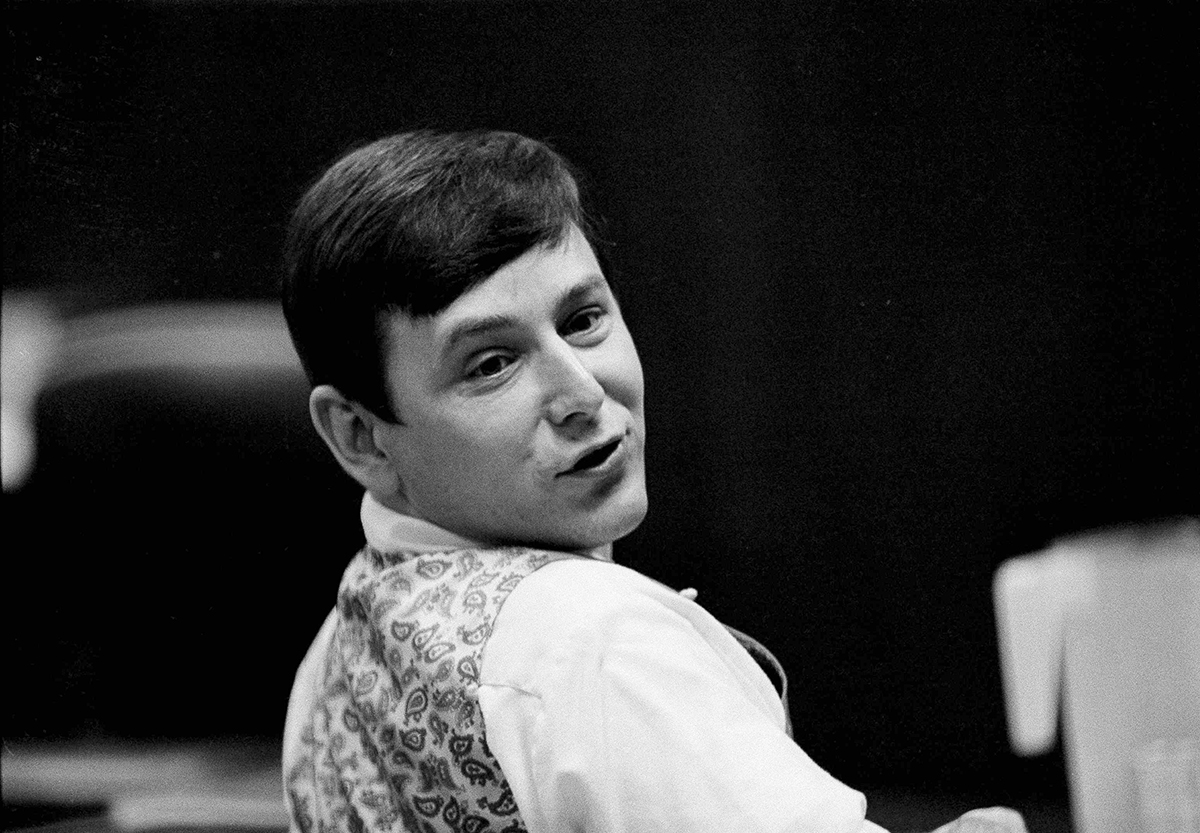
By then, the Klan had terrorized African Americans in Alabama for over a century. The United Klans of America, in particular, had been linked with some of the most notorious Klan crimes of the 20th century, most notably the bombing of the 16th Street Baptist Church in Birmingham, Alabama in 1963. The bombing, which killed four young girls, was carried out in retaliation for Black activism in the city. It was one of the Civil Rights Movement’s most devastating and galvanizing moments.
Donald’s civil lawsuit worked. In 1987, the Donald family was awarded a $7 million judgment against the United Klans of America and several of its members. The all-white jury deliberated for just four hours. “I’m glad justice was done,” Donald told an Associated Press reporter after the verdict was handed down. “Money doesn’t mean a thing to me. It won’t bring my child back. But I’m glad they caught the guilty and brought them to court.”
It was a historic blow against the Klan—and a fatal one to the United Klans of America, which could not afford to pay Donald and her family. Instead, the organization gave the Donalds the deed to its headquarters in Tuscaloosa, Alabama—worth only $225,000.
Individual Klan members had to pay, too: As the New York Times Magazine’s Jesse Kornbluth reported at the time of the verdict, some members’ wages were garnished and their property seized, and evidence from the civil trial was then used to indict Bennie Hays and his son-in-law. (Bennie Hays’ first criminal trial ended in a mistrial after he collapsed in the courtroom; he died during his second trial.)
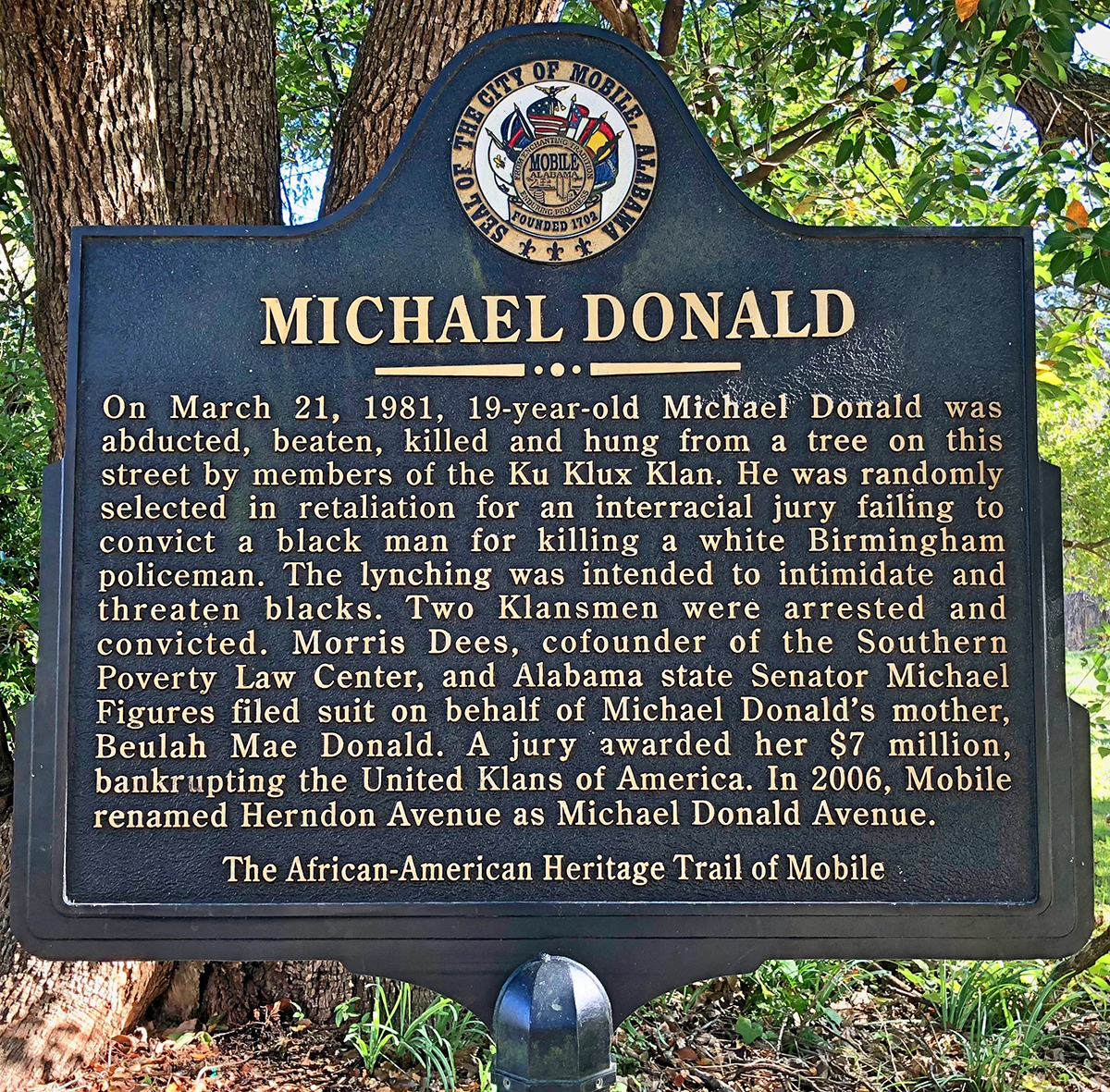
Ultimately, Donald’s refusal to back down changed the options for victims of hate crimes and their families. By successfully arguing that the Klan had agency over its individual members’ actions, Dees established a legal precedent that is used to fight the actions of other hate groups in court today. And the lawsuit also discouraged other Klan hate crimes.
Beulah Mae Donald died in 1988, just a year after the historic verdict was handed down. “She was the rock on which the entire challenge to the Klan was ultimately built,” her attorney, Michael Figures, told Ebony’s, Marilyn Marshall. “She never backed out; she just stayed there.”

